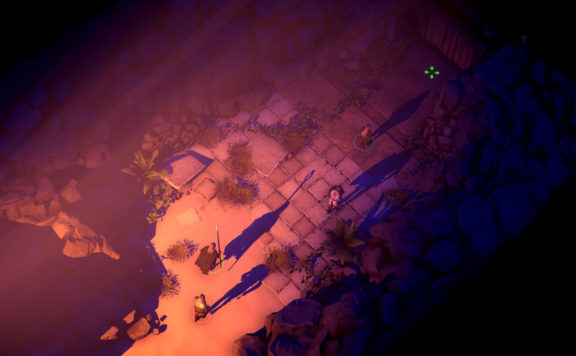Imagine some of the biggest flops in gaming history. One recent example might be the cult favorite, Cyberpunk 2077. After a huge hype leading up to the release, the game received a lackluster reception from gamers and critics. Despite the game’s innovations and insane attention to detail, few stayed engaged after its release.
Fast forward a few years, and Cyberpunk 2077 is starting to gain more traction. Early bugs have been fixed, while a few other controversies related to character personalization have since died down. What began as a huge hit and then transformed into a flop is starting to see more and more attention and recognition. So, it goes for other games that may have failed to impress upon release—which have then been reborn as a cult hit.
A cult hit can take many forms. Sometimes, a game is ahead of its time because, in looking to innovate, developers stepped away from recognized norms. Other times, a game might have a series of issues that need to be fixed over time. Even rarer, a release does well, then snowballs that initial popularity into a more lasting sort of fame.
Keep reading for a few of gaming’s biggest cult hits and to find out what has given them a second life.
Slots: Starbust & Gonzo’s Quest
For those who don’t know, slots are the world’s most popular type of casino game. If you’ve ever dabbled with the spinning wheels, then you’ve probably heard of titles like Starburst and Gonzo’s Quest. Both remain two of the most popular slots on the market despite being released over a decade ago in 2012 and 2011, respectively.
So, what has made these hits last in the genre—and even gain popularity later on? Both highlight different elements of what makes a slot popular. Starburst doesn’t involve a fleshed-out storyline—instead, players enjoy all the ways to win that its reels have to offer. The same can’t be said for Gonzo’s Quest, which has remained a top choice because of its unique characters, setting, and plot.
Mobile: Flappy Bird & Goat Simulator
Flappy Bird might sound familiar to fans of the mega-hit Angry Birds—and that’s the point. When the game was released back in 2013, it flew under the radar for a full year. The game’s mechanics made it incredibly difficult, while its graphics and plot were borderline plagiarized. But in 2014, it became a hugely popular hit, earning its developer up to $50,000 a day despite the game’s lackluster features. People didn’t care that it was difficult and made little sense—in fact, that’s what they loved.
The same can be said for Goat Simulator, published in 2014. In the game, players terrorize a small town as a goat bent on destruction and chaos. The tenuous hold on plot and mechanics has only served to make this game more intriguing for mobile gamers. In fact, it’s become such a cult hit that the game’s third iteration is now available, Goat Simulator 3.

Console & PC: Alpha Protocol & Vampire: The Masquerade – Bloodlines
Both of these PC games sounded like fantastic ideas. Alpha Protocol looked to upend spy thrillers of the past with a new and compelling plot. But things quickly took a turn for the worse when it was released in 2010 after four years of production. The game’s ambitious attempts at reinventing the spy genre failed—at least, they did at first.
But by 2017, publications like Eurogamer were changing their mind. Less than a decade later, gamers glommed onto the title once more. The game’s high level of strangeness and unique approach to gameplay were suddenly highly compelling. Six years later, it remains a cult classic for PC and console.
The same goes for Vampire: The Masquerade – Bloodlines, a tabletop RPG re-released as a video game in 2004. The RPG let gamers step into the shoes of a vampire in an LA-based coven. Unfortunately, early mysteries presented in the series never quite panned out. Gamers were frustrated with the lackluster combat mechanics, along with a meandering plot. Fast forward almost twenty years later and the game has amassed a huge cult following thanks to bug fixes and plenty of mods from diehard fans.







